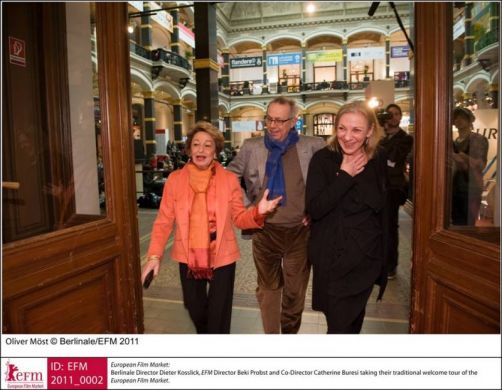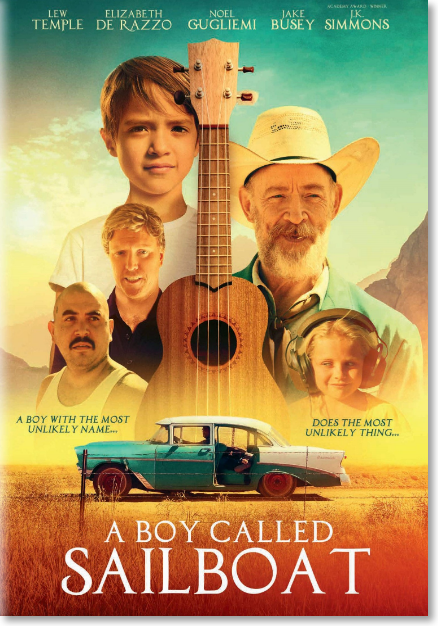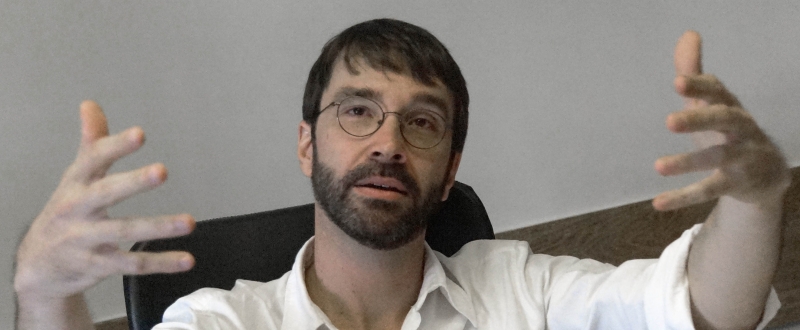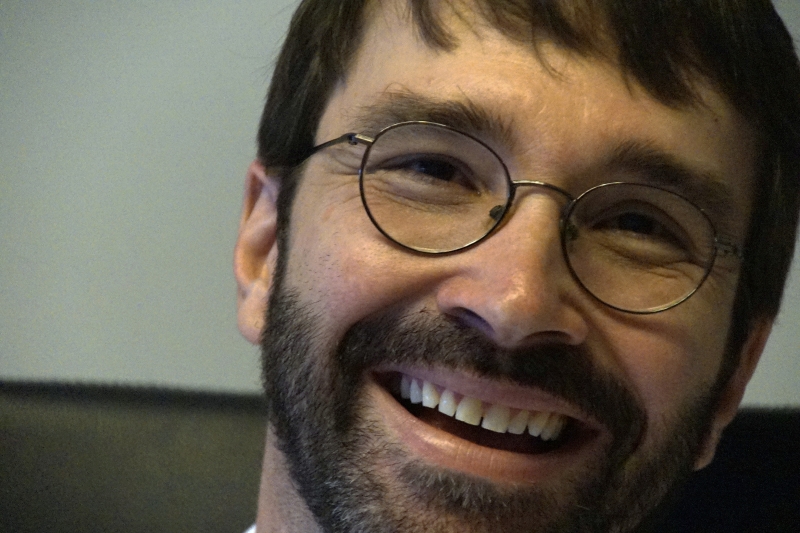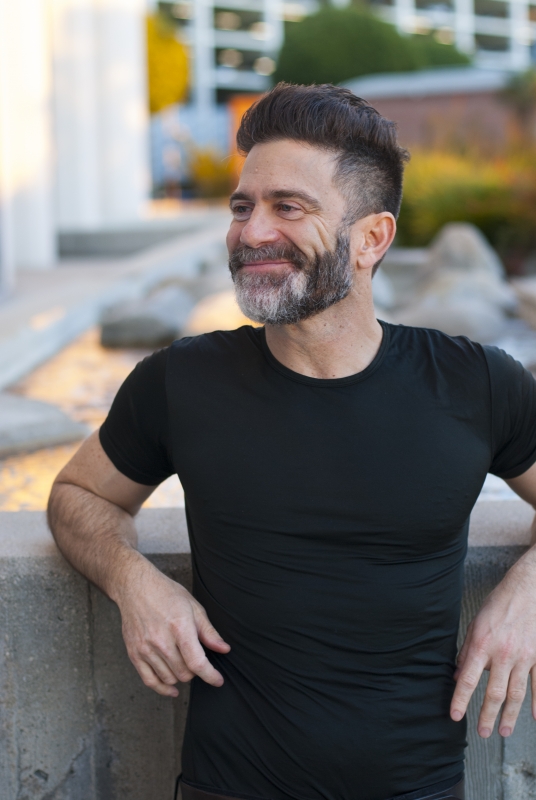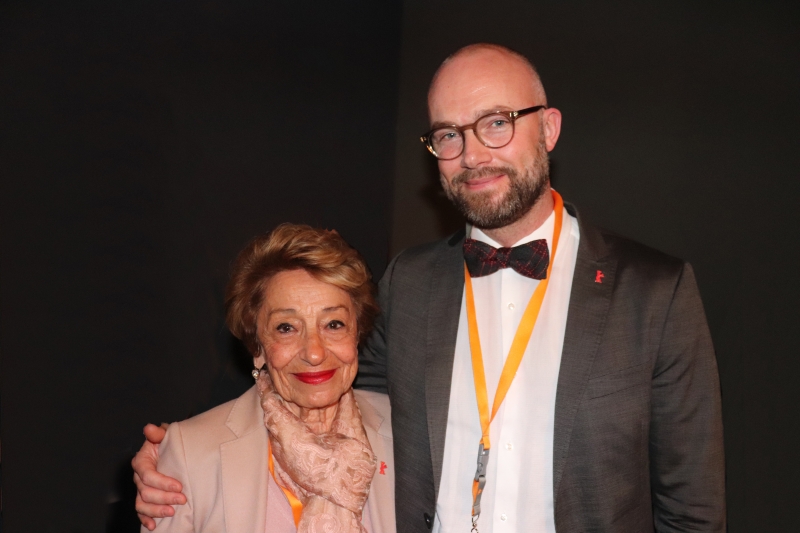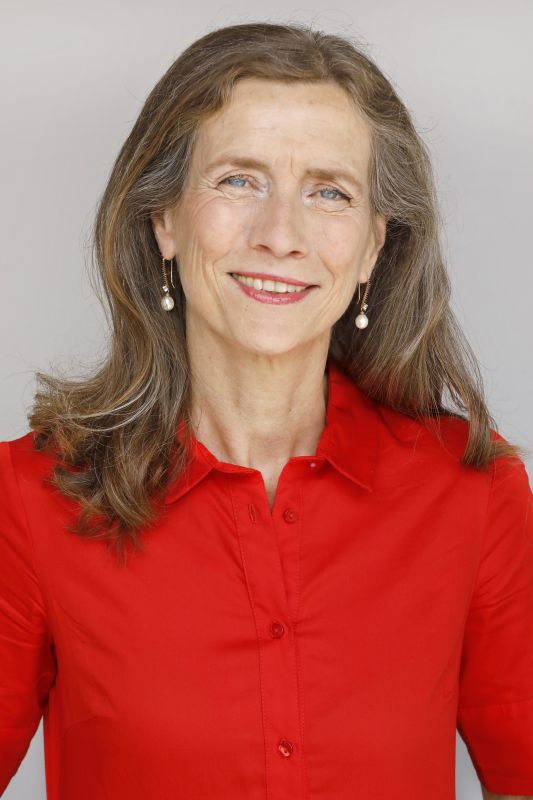|
|
||
|
Pro Tools
FILMFESTIVALS | 24/7 world wide coverageWelcome ! Enjoy the best of both worlds: Film & Festival News, exploring the best of the film festivals community. Launched in 1995, relentlessly connecting films to festivals, documenting and promoting festivals worldwide. Working on an upgrade soon. For collaboration, editorial contributions, or publicity, please send us an email here. User login |
Berlinale 2013: Interview with Dieter Kosslick
Dieter Kosslick is the Director of the Berlinale, the Berlin International Film Festival and has been in charge of the festival for 12 years. Claus Mueller What are the most significant innovations this year? Dieter Kosslick The native program [indigenous cinema], a program called residency with filmmakers from all over the world to stay with us for six months and we ensure that their scripts will be ready and financed, and the enlargement of our market now also providing space in the Marriott and the Ritz Hotels CM According to Beki Probst there should be no problem expanding the market space in the future. DK We will expand the market. But to go back to innovations, we screened for the first time an international television series TOP OF THE LAKE with Jane Campion and Gerth Davis. We want to go with one part of the festival in that direction? CM Why? DK Well we have what we call in Germany Quality TV which is worldwide a big success and mostly produced by so-called film people. This has worked already here [at the festival] and I know it is already reflected in the European Film Market. CM Any new tendencies you detect? DK Well many productions mirror the damages of the economic crisis of past years. You do not see any Wall Street movies, thus no productions about how it [the crisis] worked but rather about how it ended. How people are suffering. CM Thus impact of the crisis on the everyday life of the people DK Absolutely CM In one of the interviews you maintained that this is a political film festival with a sociological perspective. Any comments? DK No, I am fine with that statement. CM Can you speculate about the political impact of the festival? DK It is very complicated. There are some films which reflect condition of people at this moment, economically, psychologically and philosophically. There is a crisis, there are damages and wars, people are buying land in Africa, thus land grabs, food pollution, you name it. But we also have direct political actions. Look at the film of Jafar Panahi who is sitting in Teheran and is forbidden to work. He faces 20 years of prison if he does so. We show his film in competition [and four others out of solidarity]. Of course we like the film. [Presenting] it is an action for freedom of the arts and for freedom of the artist. This we are known for it and will not stop it. CM In all of our prior interviews about the berlinale, you always maintained that this festival is big enough that you do not want to expand it. Yet each year I attend the festival is bigger. Is this an intentional growth, or does it reflect the general expansion of the film market? DK Well when I say no to you it is sort of an understatement because I am very careful enlarging [the festival]. Of the things we invented over the last ten years such as co-production market, cooperation with the Frankfurt Book Fair, changes in the European Film Market, Talent Campus, Forum Expanded now branched with audio-visual arts, all these never failed, including the culinary cinema which has become the biggest success this year.. CM So you have the golden touch? DK Well, but note that I am very careful. I am not talking big and doing small…. I am talking small and try to make it big CM Let me ask you a question that we discussed earlier. You had more than 7000 submission in addition to the productions that you, Christoph Terhechte [director of the Forum and Expanded Forum] and Wieland Speck [director of Panorama and Teddy] selected travelling to film festivals. Also more than 4000 applications for the Talent Campus were received; when the Campus was started there were only 400. So the obvious question is how you cope with the ever-growing number of films reaching you, not to speak of the Campus applications. DK First of all you have the technical revolution. Over the last three years the number of films in the digital format has grown tremendously. Our film department where you had all the film copies before has been renamed film office and it is entirely digital, up to 90% are digital and only few films provided in the 35 mill format. We work very hard to make no mistakes and are very well organized. There are mistakes which are unavoidable CM How many people are involved in the selection process? DK There are only ten people CM 7000 submissions and ten people? DK No that is not how it works. The 7000 films have been seen by different committees and they recommend [move selections up] to the next [committee]. I am at the end of this process. [For the Panorama there are 25 people reviewing 3000 productions]. I am looking at about 200 productions of which 20 are selected, If I were to see 7000 that would cover all of the berlinale program of the last 13 years CM And you would go blind. Returning to the digital aspect would studios impose time limitations reviewing the films? DK That is an issue we have to think about in the future. There are some tests in the market but also in our creative department. Thus this year we have Samsung as a new partner, they have SmartTV and they started an award for young filmmakers using that technology. We also consider VOD platforms if we get the rights. Sundance is doing it already providing the option of seeing films on television or the internet after they were shown at the festival CM Do you anticipate having in the future a digital berlinale as suggested by a newspaper story, sort of the Kosslick digital Berlin film festival with one million viewers? If you make films show at the festival available to a larger public would this be on a fee basis? DK They would have to pay a fee but not to me it would be paid to the owner of the rights. One million people watching these films would make me very happy… My problem would be that if most of the audience looks at the films on VOD or other platforms few would show up in cinemas or at the red carpet CM And your income from theaters would shrink DK Thus we need both theaters and digital platforms CM If you look at the budget compared to last year... have there been changes DK The budget is pretty much the same about 21 million Euros ($28 million) CM What is the percentage covered by ticket sales? DK About 30% CM Any changes of the budget shares provided by public and private sector? DK It has changed and it is a big complex field since the public sector by now carries only 30%, the rest comes from sponsors, from renting space, merchandising, and many other things. With respect to our cultural events, they are funded to a large extend by private/public partnerships. The private part funds two third and the public one the remainder CM Do you plan any changes for next year …? Though you like to say no. DK I would say no CM Yet if someone comes to you with an extraordinary smart idea small enough to embrace would you reject it? DK I would consider it.
Thank you for your answers
Claus Mueller 06.03.2013 | Berlin's blog Cat. : Fest directors
|
LinksThe Bulletin Board > The Bulletin Board Blog Following News Interview with EFM (Berlin) Director
Interview with IFTA Chairman (AFM)
Interview with Cannes Marche du Film Director
Filmfestivals.com dailies live coverage from > Live from India
Useful links for the indies: > Big files transfer
+ SUBSCRIBE to the weekly Newsletter Deals+ Special offers and discounts from filmfestivals.com Selected fun offers
> Bonus Casino
User imagesAbout Berlin Chatelin Bruno Chatelin Bruno
Berlin 2019: The dailies from the Berlin Film Festival brought to you by our team of festival ambassadors. Vanessa McMahon, Alex Deleon, Laurie Gordon, Lindsay Bellinger and Bruno Chatelin...
|


















